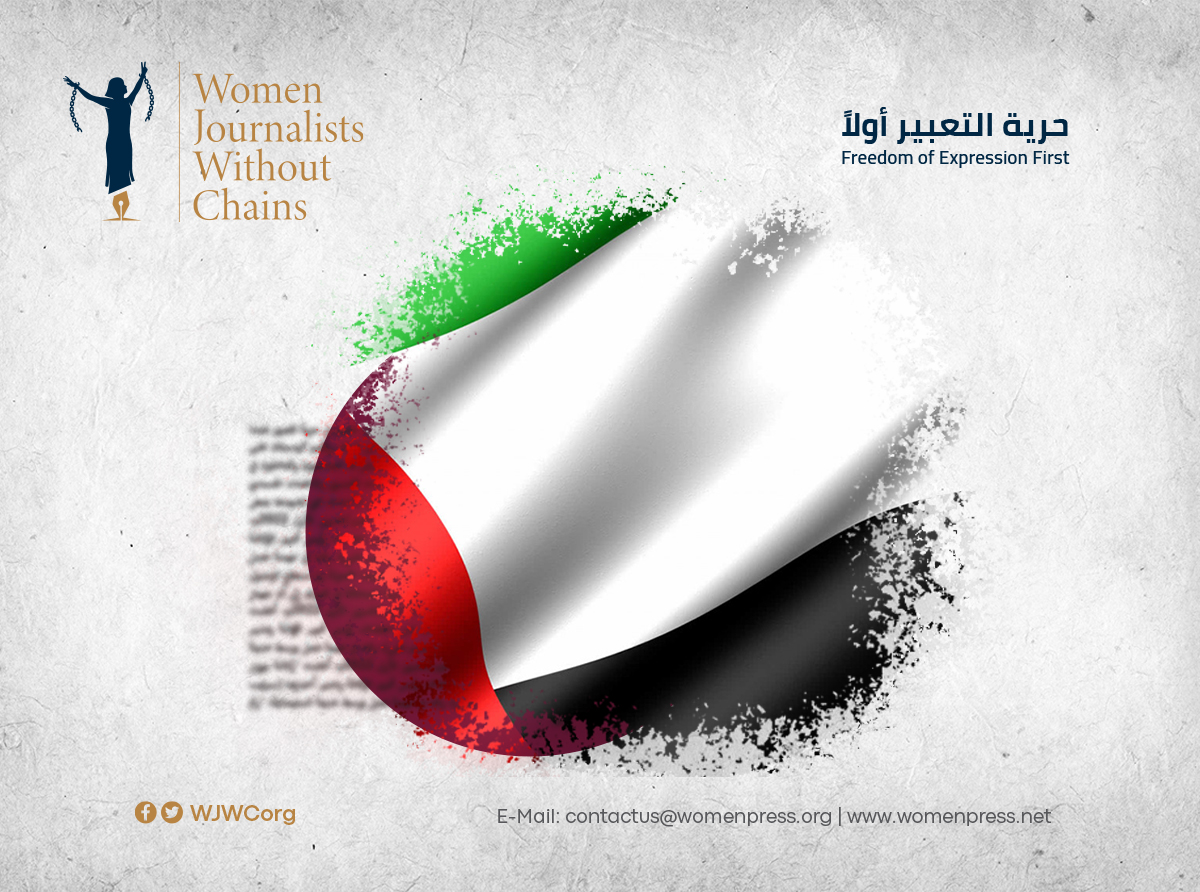A host of justices and attorneys from the eastern region of Hadramout have debated the purloined funds restoration bill. The debates took place during a workshop on looted funds restoration bill, which was held by Women Journalists Without Chains (WJWC) in collaboration with the National Endowment for Democracy, in Hadramout on Sunday.
At the opening ceremony, Mr. Abdul Rahman Bahez, coordinator of WJWC in Hadramout , gave a speech in which he affirmed that there is a correlation between the retrieval of the plundered funds and the reclamation of the nation that was marauded in the most notorious heist in its history. He pointed out that the February 11, 2011 revolution was triggered to block power succession and combat graft that impoverished Yemenis and made them unable to lead a sedate and dignified life.
"Partisan polarizations scuttled the efforts exerted by the Legal Affairs Ministry to pass a law recouping the purloined funds. However, we, at the WJWC, have opted to bring this issue back into the limelight by drafting, debating and fine-tuning the bill in such a way as to make it effective in terms of recouping the depredated funds," he noted.
"The draft law, if passed, would go a long way towards suing the kleptocrats and funneling billions of dollars into the state treasury, thus stemming the larceny of public funds," he concluded.
For his part, Dr. Mutaeb Bazeyad, member of the National Dialogue Conference (NDC) and a legal expert, said: "As we are debating the bill, corrupt forces and coup plotters hijacked the entire nation. However, we, through the concerted efforts made by all, are able to carve out a new chart for the next generations".
The developments currently taking place on the ground are inextricably correlated to the issue of fleeced funds and prosecution of plunderers as manifested in the demands from the son of deposed president for immunity for himself and his father from prosecution. He defined the bill as " tracking down, exposing and restoring smuggled public funds at home and abroad, in addition to taking the necessary measures for implementing the provisions of anti-graft agreements and looted funds restoration laws".
He pointed out that the NDC obliged the state to take the necessary steps and hammer out mechanisms for retrieving all lands grabbed by army generals and civilian officials, in addition to restoring the looted funds belonging to political parties and civil society organizations, reclaiming the lands granted to officials under the pretext of investment, and addressing the effects of abusing laws and regulations.
He underlined that the NDC also bound the government to expedite the restoration of lands grabbed by the state for political , sectarian or regional motives, to their original owners, noting that the looted land cases won't lapse.
Reviewing the bill, he said that it provided for a committee to be composed of 11 members, including the Minister of Legal Affairs, who will act as the chairman, the Minister of Justice, the deputy ministers of Justice and Legal Affairs for state affairs sector, the general prosecution lawyer, and the deputy chairman of Banking sector, and representatives from the Central Organization for Control and Accounting (COCA), the Ministries of Interior, and Foreign Affairs, the National Security Organization, and the Supreme Authority for Combating Corruption.
The draft law mandates the committee to retrieve the embezzled funds, and to take the necessary steps for confiscating the looted funds and the revenues earned from illegal practices and graft based on court verdicts stipulating the freezing or holding the funds pending court judgments.
The defalcated funds are defined as the state funds, which are supposed to be earned through taxes and custom duties, but which were evaded by influential officials, or individuals with legal status. They include any funds integrated into investment ventures in such a way that dispels any doubts surrounding the explanation of smuggled or looted funds and their relation to plunder and looting occurred under extraordinary circumstances. However, these don't exclude the organized crime that involves money laundering. The bill was extensively debated, with the participants in the workshop coming up with several recommendations, which will be tabled to relevant authorities.

 En
En  Ar
Ar 




